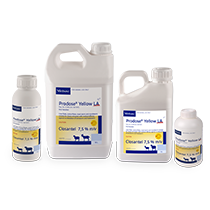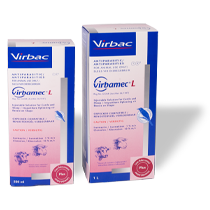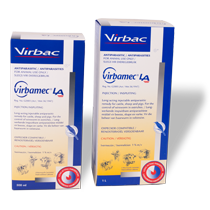
“PPRR” and the importance of pre-lambing deworming
It is important to realize that the control of lamb deaths starts in the six-week period before lambing.
Various inputs, including nutrition, trace element and vitamin supplements, vaccinations and deworming play a role here. By optimizing these inputs, we ensure a healthy ewe that produces a heavy enough lamb and for which it produces sufficient, good quality colostrum.
In this article we want to look at why deworming, as one of the pre-lambing inputs, is so important.
Firstly, if lambing time falls during a time of high parasite loads, deworming will help the ewe respond optimally to the other inputs.
Secondly, the ewe is the main source of grazing infestation. We must also remember that lambs are born without immunity against internal parasites and are therefore the most susceptible animals on the farm. As they pick up parasites, the lambs then become another source of infection.
The parasites affect the lamb in several ways. Some, e.g. wireworm, are blood sucking worms, and others e.g. brown stomach worm, negatively affects the digestive process in the abomasum. Another effect is that within hours after ingestion of worm larvae by lambs from the pasture, their appetite begins to decline. All this results in a weaker, slower growing lamb.
An interesting phenomenon at the time, is the increase in the late pregnant and newly lambed ewes' worm counts. It is called the "peri-parturient rise". It is the worm's way of providing high parasite loads on the pasture as soon as the lambs arrive. The increase in egg counts is due to a relaxation of the ewe's resistance to internal parasites in the few weeks before and after lambing. This happens because of the hormone changes that the ewe undergoes during this time, and is called PPRR - Peri-Parturient Relaxation of Resistance. This results in more of the worms producing more eggs than normal, which is then excreted to give increased faecal egg counts.
By deworming late-pregnant ewes, the excretion of worm eggs is restricted. This limits the exposure of the young lambs to larvae on the pasture to ensure them the best possible start.
Because parasites vary from farm to farm and area to area, it is important to always consult your local veterinarian and Technical Sales Advisor for advice and to make the best possible deworming product selection.

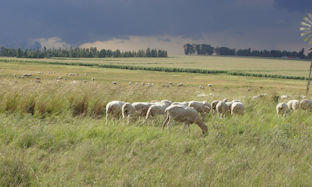

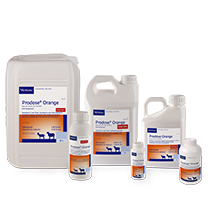

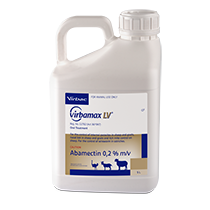
.png)
